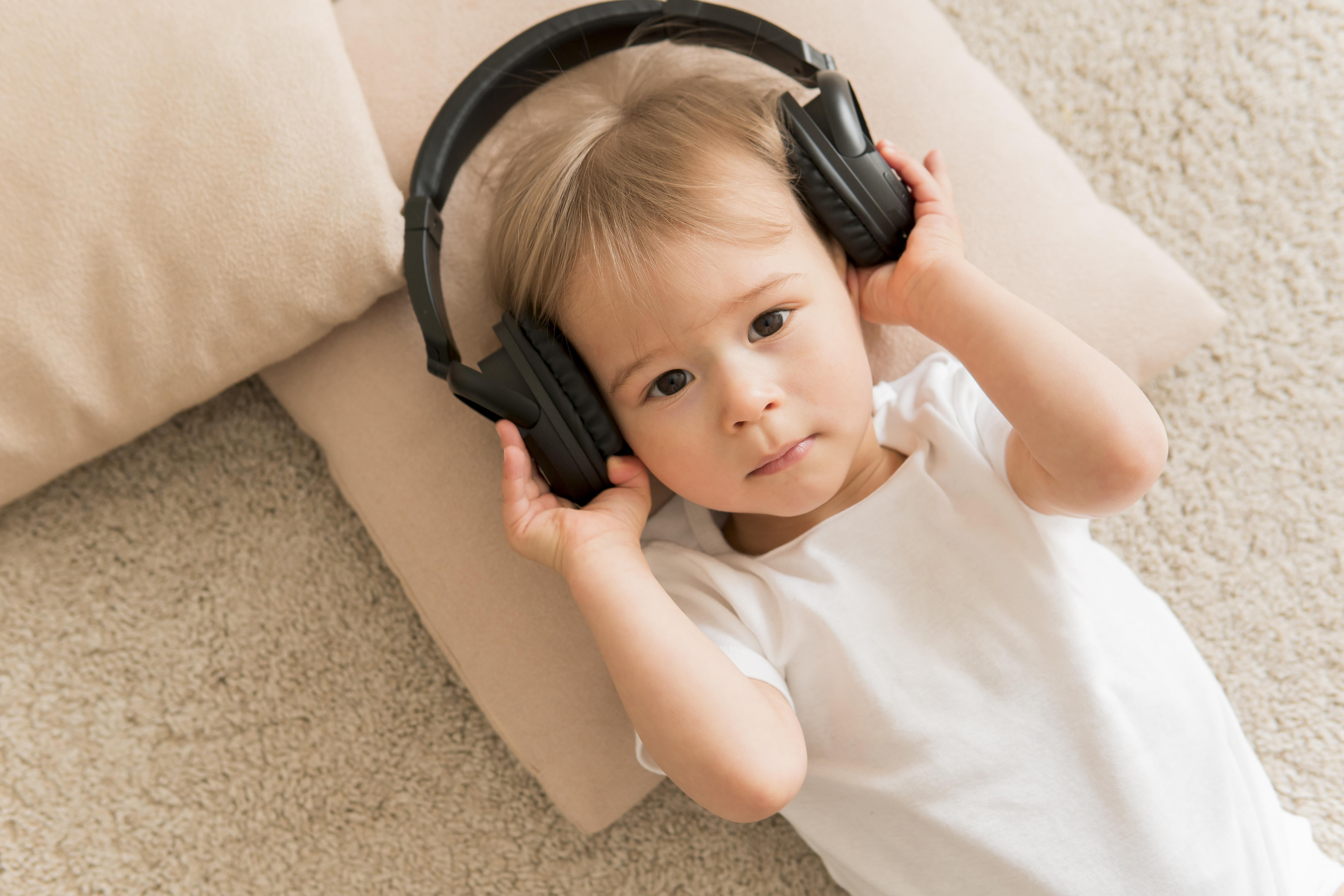The Role Of Music In The Development Of Kids

The role of music in children's development emerges as an inspiring symphony, caressing their inner world. This art not only captivates their hearing but also shapes their cognitive abilities, encourages creativity, and enriches emotional intelligence.
Starting from the moment of pregnancy when expectant mothers indulge in music, the sounds penetrate the womb, eliciting responses from the little hearts. After birth, there comes a period of lullabies, where gentle melodies care for infants, soothing them and creating harmony before sleep. Alongside children, music grows, expanding its genres, each of which acts as a key to new emotional responses and cultural impressions.
Active engagement with music from childhood refines their motor skills, teaches discipline, and instills collaborative skills. The rhythm of music, as a natural companion to speech development, contributes to the formation of communicative skills. Yet, perhaps most importantly, music becomes a sanctuary for children, where they freely express themselves.
From the first year of life, curious children take their first steps while immersing themselves in the world of toys. Their minds are filled with numerous questions, and they actively explore the world around them. Encounters with musical dolls and joyful parties with them become an integral part of their childhood. Dolls playing harmonious melodies become unique friends, adding vibrant colors to daily life.
In this harmonious journey, parents play the role of inspirers for their children. Joint listening to and playing music becomes the ideal way for adults to support and encourage the musical aspirations of their little ones.


